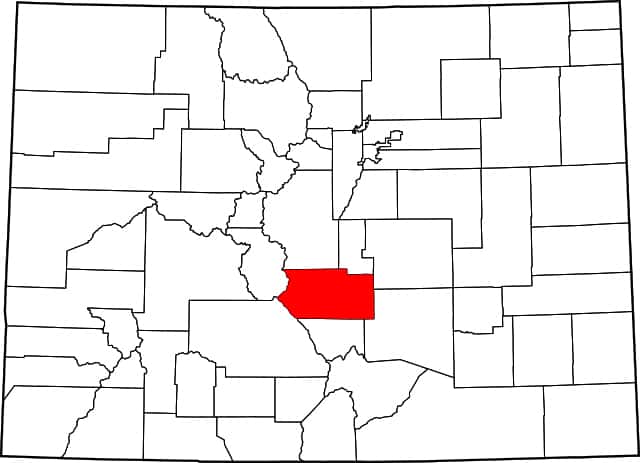
BLM Provides Update on Wild Horse Deaths, Influenza Strain

On April 23, horses from the West Douglas pens began showing signs of mild to moderate fever, coughing, nasal discharge, labored breathing, and/or depression. Nasal swabs and lung tissue samples submitted for polymerase chain reaction (PCR) testing confirmed the cause to be equine influenza, specifically type H3N8. Upon further testing, veterinary officials have determined this to be the Florida Clade 1 sublineage of EI that’s currently endemic in North America. Test results ruled out other infections such as respiratory and neurologic equine herpesvirus.
Attending veterinarians believe the West Douglas horses to be particularly susceptible to disease because they were gathered shortly after a wildfire near their herd area. Wildfire smoke can impair horses’ respiratory systems. High winds and dust storms near the facility in the days leading up to the outbreak might have stressed the horses and exacerbated existing or underlying respiratory issues.
According to the BLM, most of the Cañon City horse population that did not originate from the West Douglas area is current on their flu/rhino vaccines. The entire facility remains under voluntary quarantine, with strict biosecurity measures, dust mitigation efforts, and supportive care for affected animals.
Written by:
Edited Press Release
Related Articles
Stay on top of the most recent Horse Health news with









